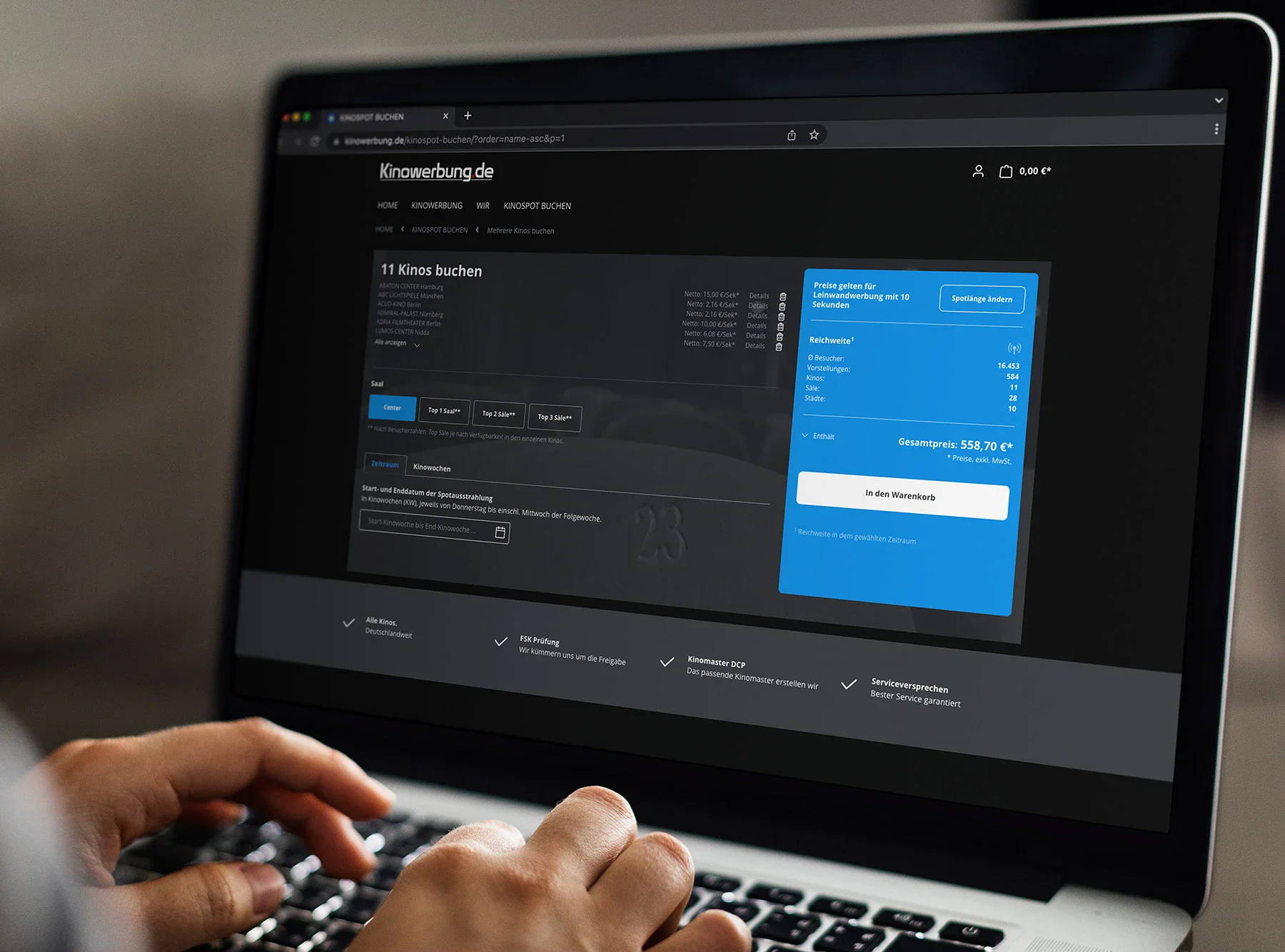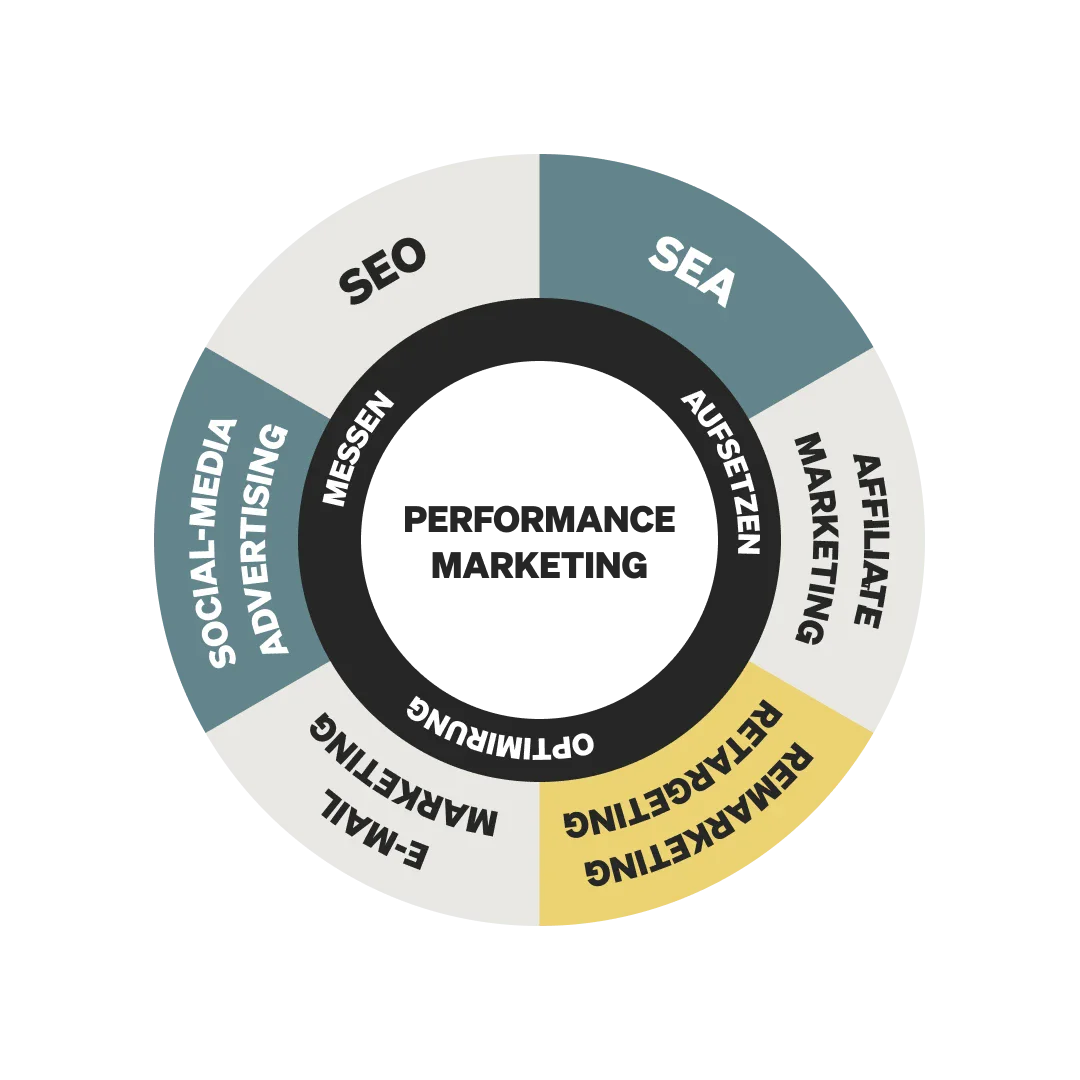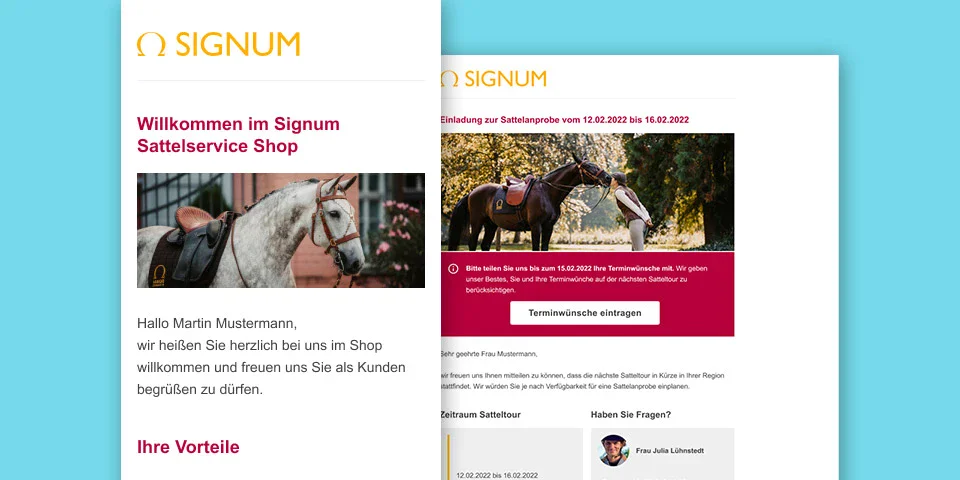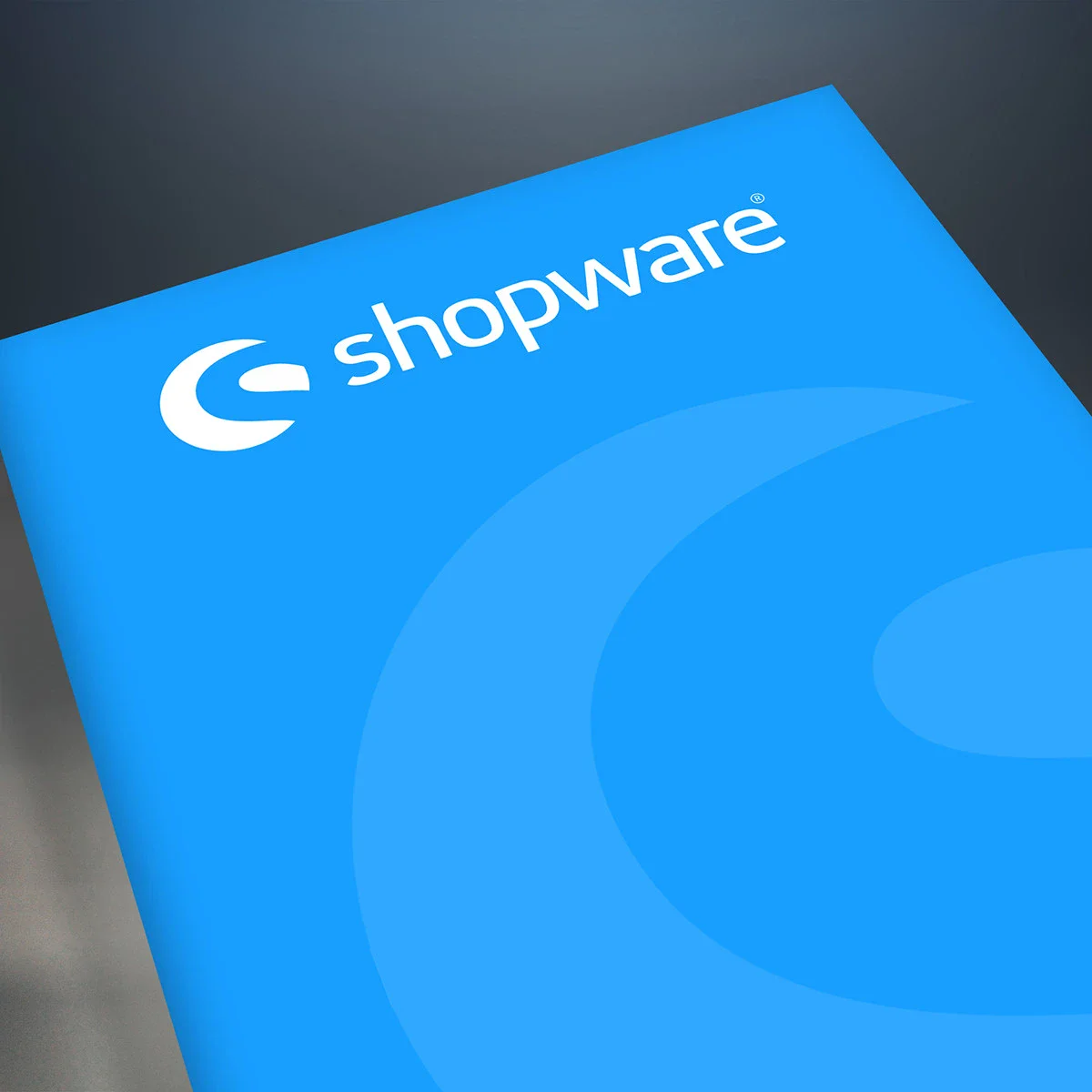Success factors for e-commerce in SMEs

In this article, I will show important success factors and some practical examples of how SMEs can be successful in e-commerce.
1. Investing in a user-friendly web shop
A visually appealing and, above all, easy-to-use store solution that is tailored to the target group is the key to success in e-commerce. Shopware offers a wide range of customization options to provide a tailored user experience. A good example of this is the e-commerce solution for our long-standing customer Kinowerbung.de, which was designed and implemented on the basis of Shopware 6 to make the booking of cinema advertising as user-friendly as possible and to offer functions that enable the simultaneous booking of many cinemas via a geo-coordinate-based proximity search, thereby significantly increasing the conversion rate.
Above all, this example shows that it is important to know the customer well and adapt the tool to the customer and not the other way around.
Successful innovation is always based on the needs of the user. To enable your company to work in a user-centric way, we analyze the expectations of your future customers, formulate design recommendations and define an implementation roadmap that adapts to the individual requirements of your company.

2. Mobile first
In today's mobile era, it is crucial to ensure that your webshop works smoothly on all devices. In almost all sectors, from industry to the luxury market or tourism, traffic from mobile devices is usually significantly higher than from desktop systems.
Here too, Shopware shows its strengths. Be it the implementation of an individual storeFrontends via responsive templates or via Shopware Composable Frontends if the requirements for the Frontend are very individual and demanding. Both approaches offer the best conditions for the best possible display on mobile devices.
It can also be an advantage if you offer your users an optimal presentation on mobile devices with functions tailored to smartphones via an app. Whether a less cost-intensive hybrid app solution or a native app is more suitable for the e-commerce solution must be examined during the conception phase.
3. Personalization for customer loyalty
The personalization of content and recommendations in the online store help to strengthen customer loyalty, increase sales and thus gain a competitive advantage. Medium-sized companies should therefore actively use the opportunities for personalization to optimize their online presence and improve the customer experience.
Efficient personalization shows your customers that the store knows their preferences and interests. This makes them more likely to shop again and remain loyal.
In our projects, we use a wide range of options from Shopware, be it the rule or Flow builder, to map or automate individual rules or processes, or tagging to create customer segments and offer customers additional products tailored to their needs in upselling. Appropriate content or products ultimately lead to an increase in sales and a reduction in abandonment rates.
4. What use is the best store if nobody knows about it?
This is where customized SEO measures, online marketing and data analysis come into play. Effective search engine optimization ensures that your store is visible in search results and can be found by potential customers.
Targeted online marketing allows you to increase your reach and attract new customers.
Data analysis makes it possible to understand customer behavior and continuously monitor the performance of your e-commerce system. Only by constantly adapting to changing market conditions and customer needs can you successfully promote your online store and be successful in the long term.

5. After sales - customer service and communication
Communication in after sales and during the entire purchasing process plays a decisive role in the success of an e-commerce company. From the moment of order confirmation to delivery with tracking information, customers should always be optimally informed and supported. Clean and well-crafted communication conveys trust and customer loyalty. In addition, regular follow-up, whether for shopping cart abandonment or through Newsletter marketing, is of great importance.
These measures make it possible to maintain customer relationships, win back customers, promote new products or offers and build long-term customer loyalty. Overall, effective communication throughout the purchasing process helps to increase customer satisfaction and consolidate success in e-commerce.

In the following article, the topic of transactional emails is discussed in detail using the example of our customer project for Signum Saddle Service. It is well worth a look.
Conclusion:
E-commerce in the SME sector offers immense opportunities, but also challenges. With the right strategy and the use of powerful platforms such as Shopware, SMEs can operate successfully in e-commerce. The success factors presented, as well as the inspiring case studies, show that a well thought-out approach and a customer-oriented approach are crucial to success in e-commerce.




